Three Continuities, Three Shifts
India’s new government has to navigate the nation through a world in turmoil. Will its successful foreign policy continue? Or will there have to be shifts and changes to accommodate new realities?
 Courtesy:
Courtesy:
India’s new government has to navigate the nation through a world in turmoil. Will its successful foreign policy continue? Or will there have to be shifts and changes to accommodate new realities?
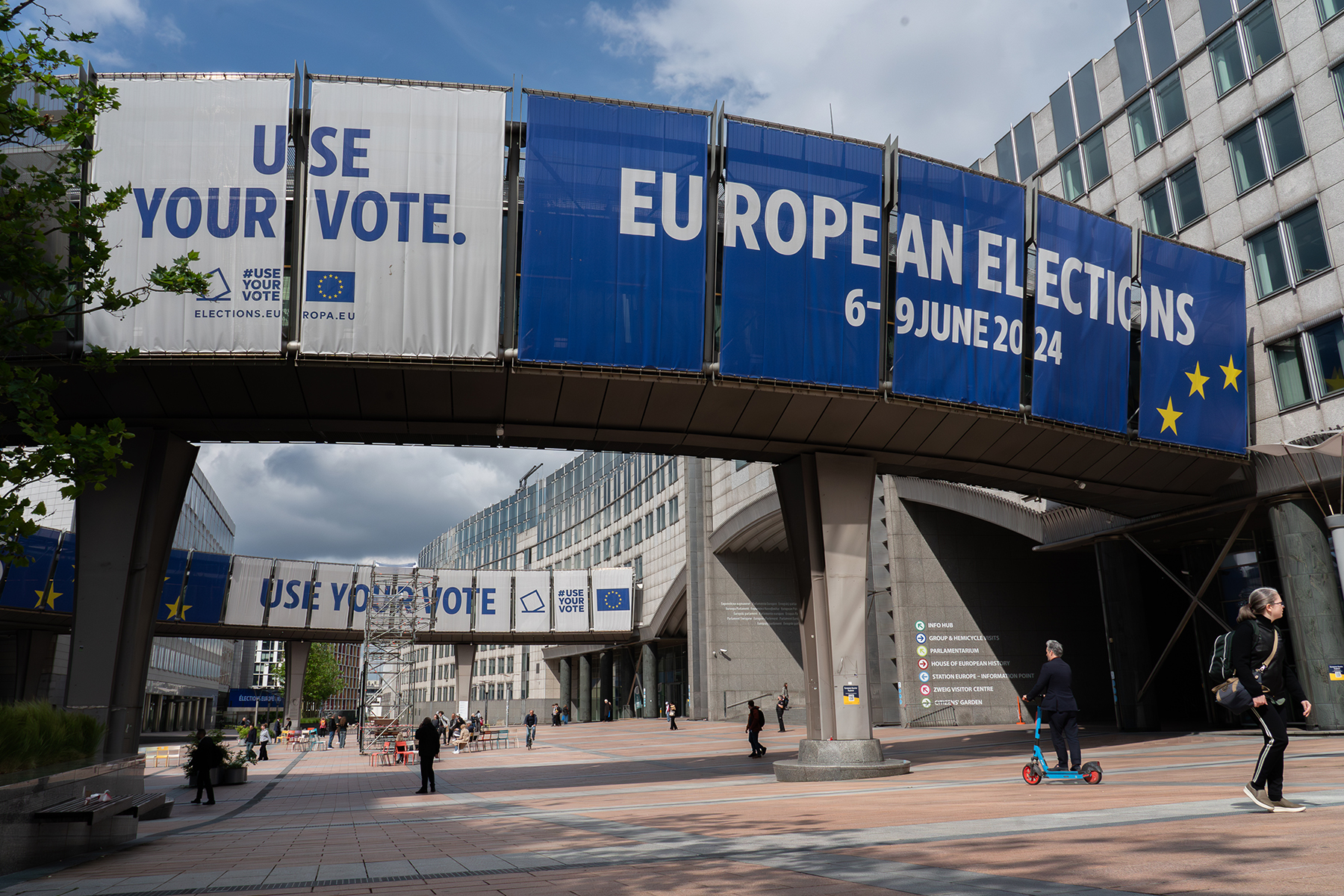 Courtesy:
Courtesy:
The European Parliament elections have thrown up a win for the right-wing parties – quite a change from the previous centre-left composition. There will be repercussions for the EU and domestic policies of the member countries. Is this election an indication of a future Europe turning right, or is it a reaction to domestic situations individually within states?
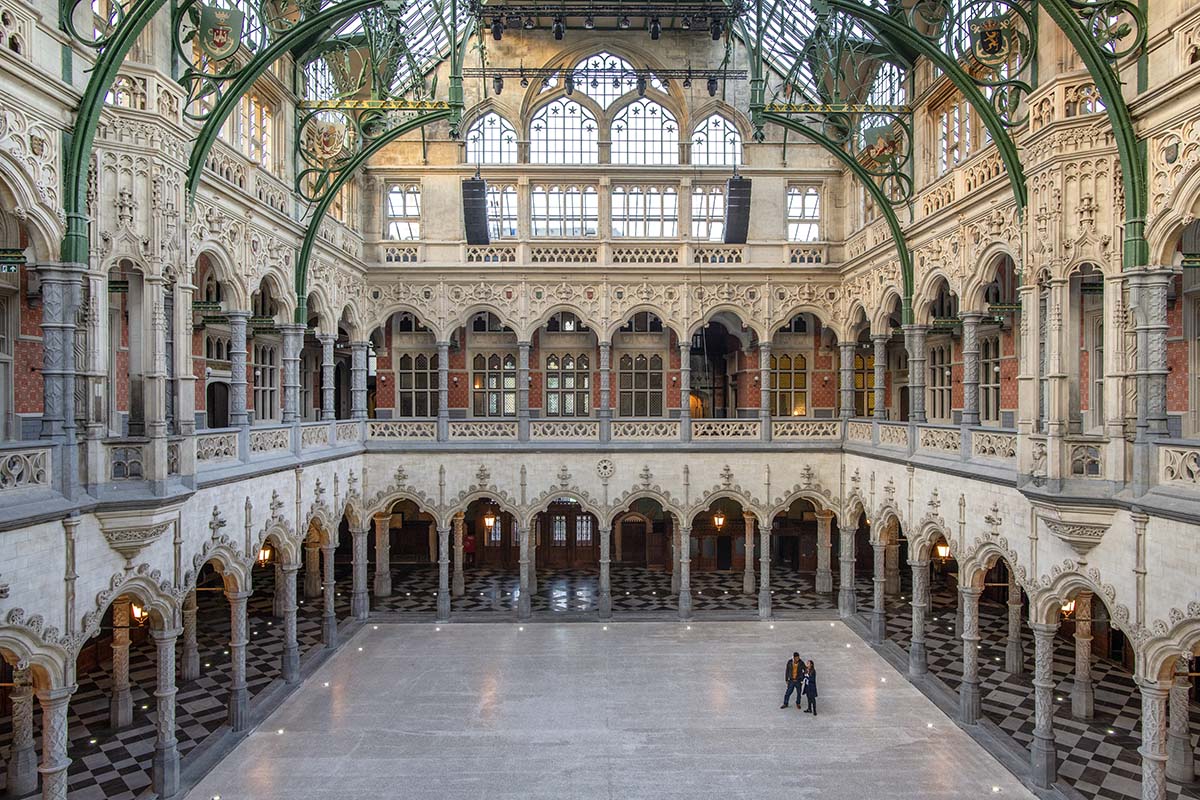 Courtesy:
Courtesy:
Recent changes in Belgian and EU tax law and regulation have resulted in some Antwerp-based Palanpuri Jain diamond traders shifting base to the newly booming Dubai diamond market. But Antwerp dominates the diamond business for this enterprising community, where 400 families continue to stay and use it as a gateway to the European market for diamonds cut and polished in Surat and Mumbai in India.
 Courtesy:
Courtesy:
Asian nations like Sri Lanka have seen a rush of Russian and Ukrainian tourists over the last two years. They discover salubrious climes and overstay their visas to start small businesses. It has helped Sri Lanka boost tourism after its 2022 debt default but also created economic problems for locals. It is necessary to identify trade-offs between economic benefits and security threats associated with extended-stay tourism.
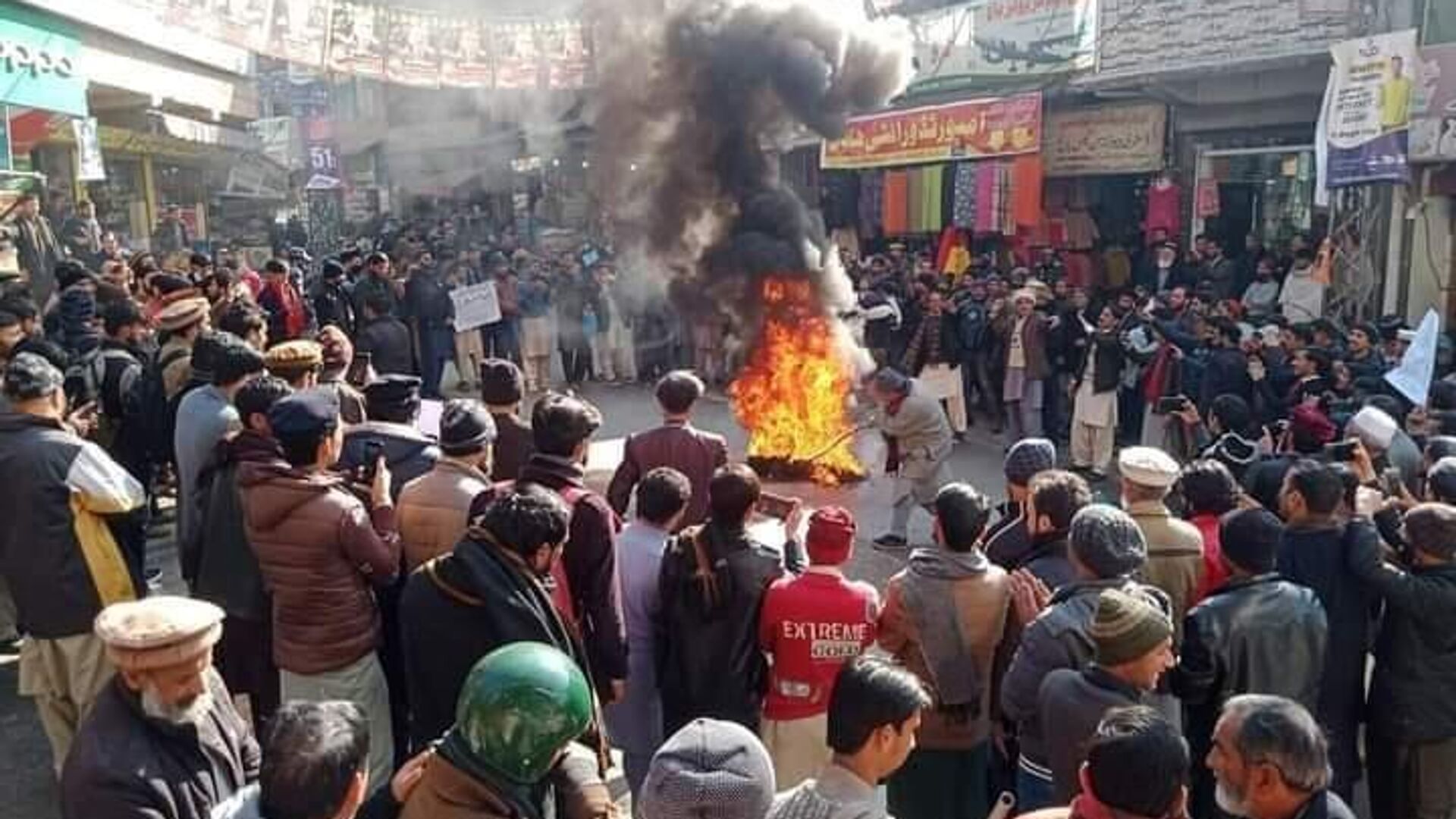 Courtesy: Sputnik India
Courtesy: Sputnik India
Pakistan’s peripheral regions have long been treated as colonies to benefit the Punjabi core. This neglect is facing a vigorous pushback, in the form of peaceful protests and violent resistance. The economic crisis has exacerbated tensions in Baluchistan, Khyber Pakhtunkhwa and Gilgit-Baltistan, which remain poor despite abundant natural resources.
 Courtesy:
Courtesy:
The result of India’s national elections will be out June 4. An eight-day, four-state road trip revealed hotly contested elections where the central issue is competitive and elaborate welfare schemes versus further development and a future for youth. There’s lots of money sloshing around, making elections as lucrative as wedding parties, and plenty of political and family splits for a soap opera.
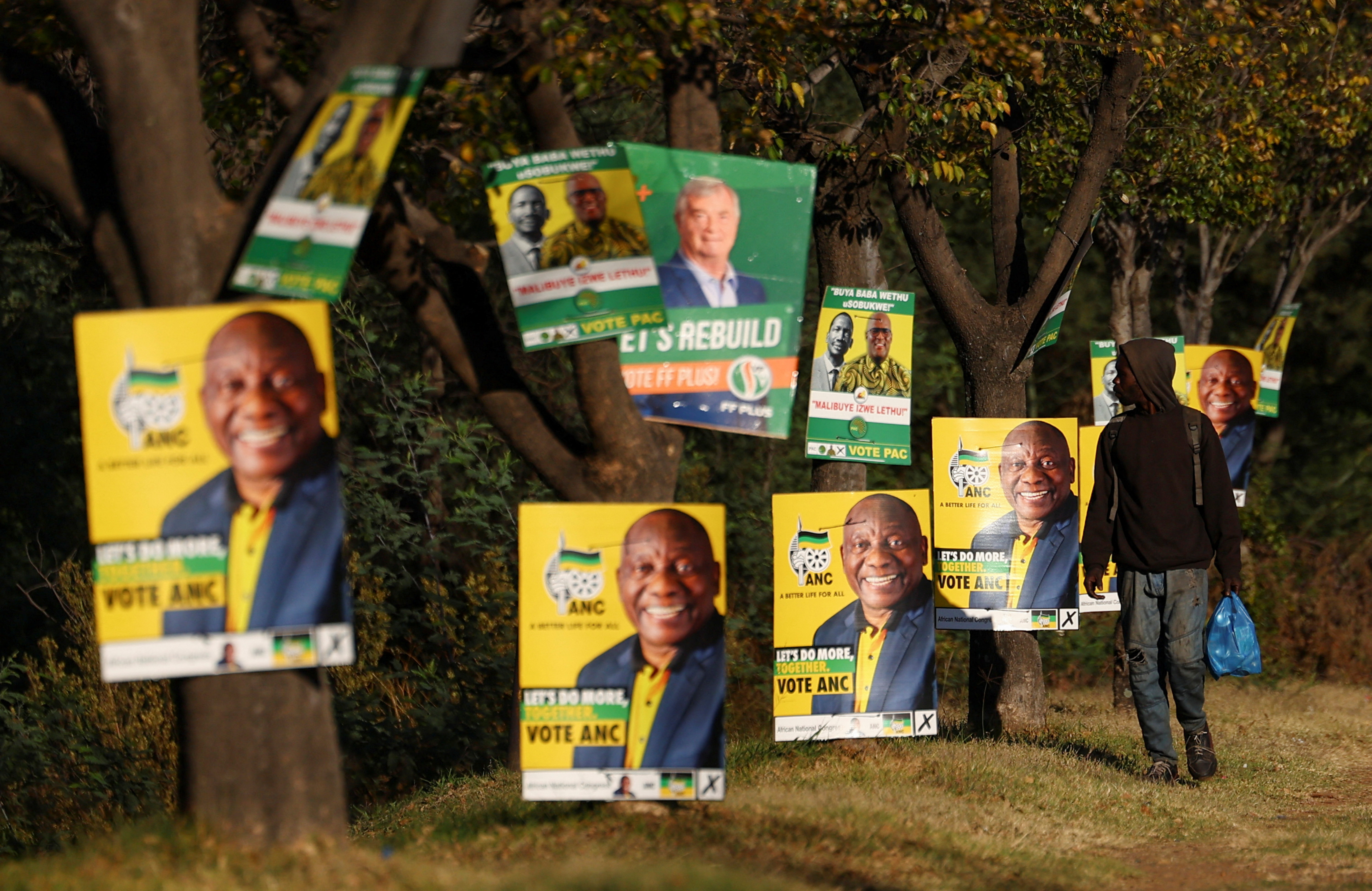 Courtesy:
Courtesy:
South Africa goes to the polls this week, and there is much to watch: a new electoral system, the fate of the African National Congress, a potential coalition, the promise of economic renewal, and a foreign policy agenda. The winner will have to get to work at once to tackle these simultaneous challenges and ambitions.
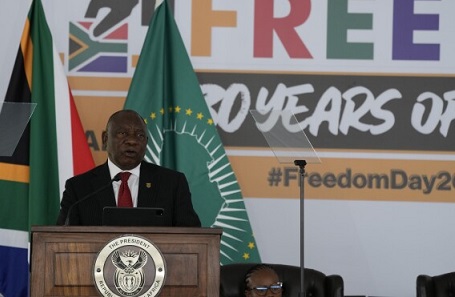 Courtesy:
Courtesy:
South Africa has just celebrated the 30th anniversary of its epic elections in 1994 which marked the end of apartheid rule. President de Klerk and Nelson Mandela avoided the expected bloodbath but, since then, the ruling African National Congress has not done well. Because the very qualities which make insurgent groups and liberation movements successful, are not the ones that make effective national governments.
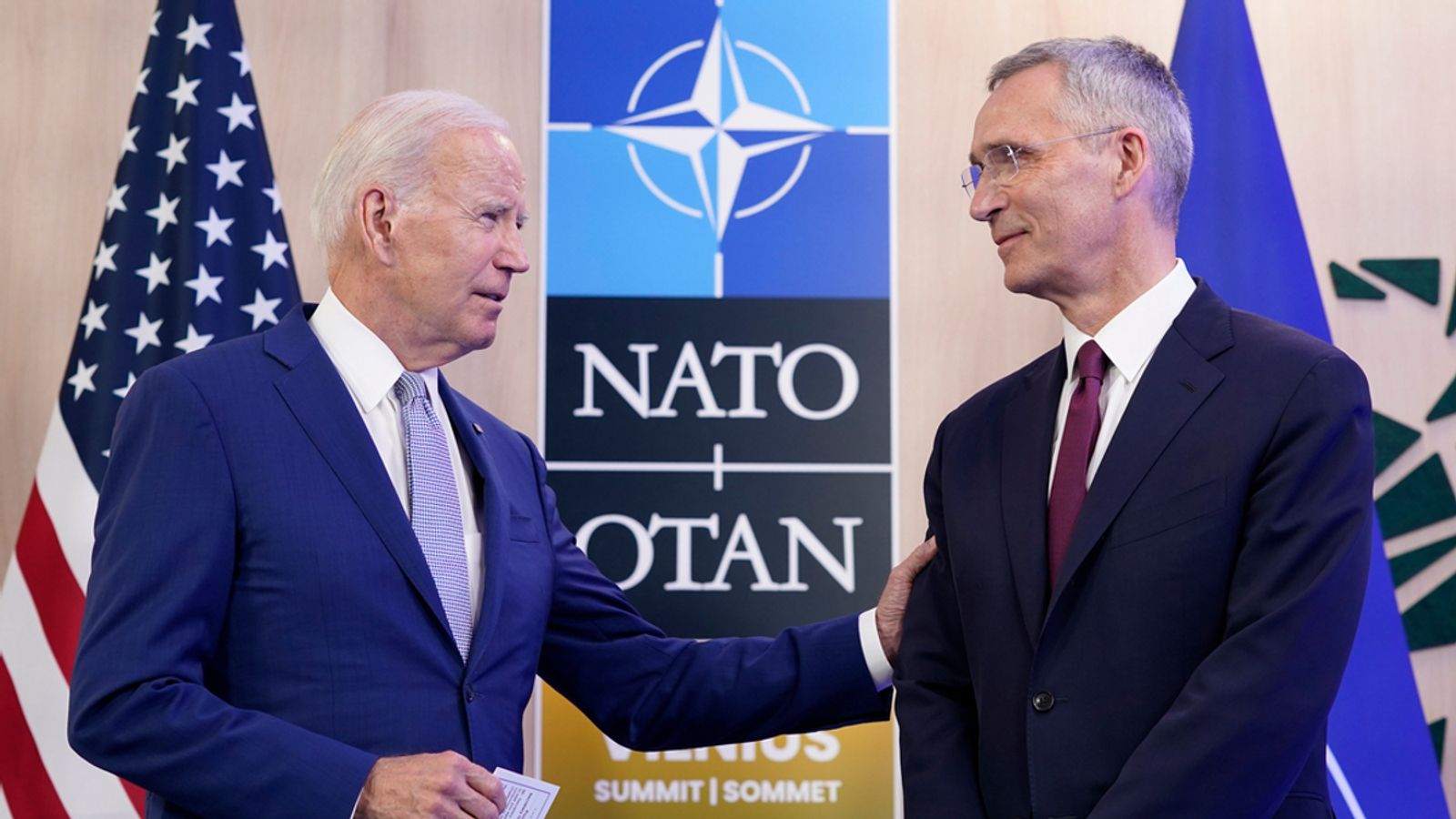 Courtesy: Bayerischer Rundfunk
Courtesy: Bayerischer Rundfunk
The North Atlantic Treaty Organisation turns 75 this year. It has exceeded its original mandate of a collective defence for Europe and is expanding rapidly. From restraining the rise of Russia, it is now seeking non-NATO allies in Asia who wish to restrain China. This requires a nimbler, more dynamic alliance. Can NATO respond to the transformation?
 Courtesy: Economy
Courtesy: Economy
The long-delayed Iran-Pakistan pipeline has put Pakistan in yet another bind of its own making. Abandoning the project will expose it to Iranian penalties, while completing it will violate the sanctions imposed by the U.S., its financial benefactor, and its other patron Saudi Arabia which competes with Iran for West Asian leadership.